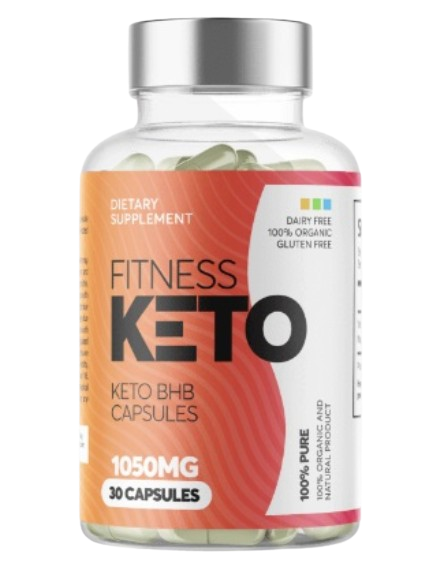A groundbreaking report from the Hologic Global Women’s Health Index reveals that women’s health worldwide remains alarmingly poor, with little improvement since the COVID-19 pandemic. Conducted across 143 countries in 2022, the study highlights significant gaps in medical testing, emotional well-being, and access to basic necessities for billions of women.
Critical Gaps in Medical Testing
The survey uncovers a dire lack of testing for conditions that claim the lives of millions of women annually. Despite advancements in medical science, testing rates for high-risk diseases remain disturbingly low:
- High Blood Pressure: Only 36% of women reported being tested for high blood pressure in the past year, a modest increase from 33% in 2020. This leaves nearly 2 billion women—including over half a billion aged 40 and above—at risk.
- Cancer: A mere 11% of women were tested for any form of cancer in 2022, unchanged from previous years. Alarmingly, only 11% of women aged 40 to 49, a key demographic for breast and colorectal cancer screenings, underwent testing.
- Diabetes: Testing rates for diabetes have stagnated, with only 19% of women receiving tests annually. This leaves over 80% untested for one of the fastest-growing chronic diseases.
- STDs/STIs: Amid rising global rates of sexually transmitted infections, only 10% of women were tested for STDs/STIs in 2022, exposing billions to risks including infertility and increased maternal and fetal mortality.
Emotional Well-Being: A Persistent Challenge
Negative emotions such as stress, sadness, and anger continue to plague women globally. The study reveals:
- Nearly 40% of women experience daily stress and worry, while 30% report sadness and 25% report anger.
- Women are 20% more likely than men to feel sadness daily, underscoring the disproportionate mental health burden they face.
These challenges are compounded by the lingering effects of the pandemic, which has amplified emotional distress among women.
Safety and Satisfaction with Healthcare
Women’s feelings of safety and satisfaction with healthcare reveal a mixed picture:
- Safety: More than one-third of women—nearly 1 billion—do not feel safe walking alone at night in their communities.
- Healthcare Satisfaction: Approximately 70% of women express satisfaction with the availability of quality healthcare and prenatal care. While slightly improved from previous years, these figures remain concerningly static.
The Struggle for Basic Necessities
Economic hardship continues to threaten women’s health globally. Nearly 1 billion women report being unable to afford essential needs such as food and shelter. Notably:
- Three in 10 women lack the resources to secure adequate food for themselves and their families.
- The proportion of women struggling to afford housing has nearly doubled over the past decade.
Physical Health: Pain and Limitations
The survey highlights widespread physical suffering among women:
- One in three women experience daily physical pain, a statistic that has worsened since the pandemic began.
- Nearly 25% of women report health problems that prevent them from performing everyday activities, up from 20% in 2020.
A Call to Action
The findings of the Hologic Global Women’s Health Index underscore the urgent need for global leaders, health advocates, and policymakers to prioritize women’s health. Despite some progress, the pace of improvement remains woefully inadequate, reflecting broader gender disparities in health outcomes.
As the world strives to meet the United Nations’ Sustainable Development Goals by 2030, it is clear that more decisive action is needed. The Hologic survey will continue to serve as a vital accountability tool, tracking progress and driving commitments to advance women’s health.
Investing in women’s health is not just a moral imperative but a cornerstone of global well-being. Addressing these challenges head-on will pave the way for a healthier, more equitable future for women everywhere.
Source: https://news.gallup.com/poll/547712/global-study-issues-wake-call-women-health.aspx

